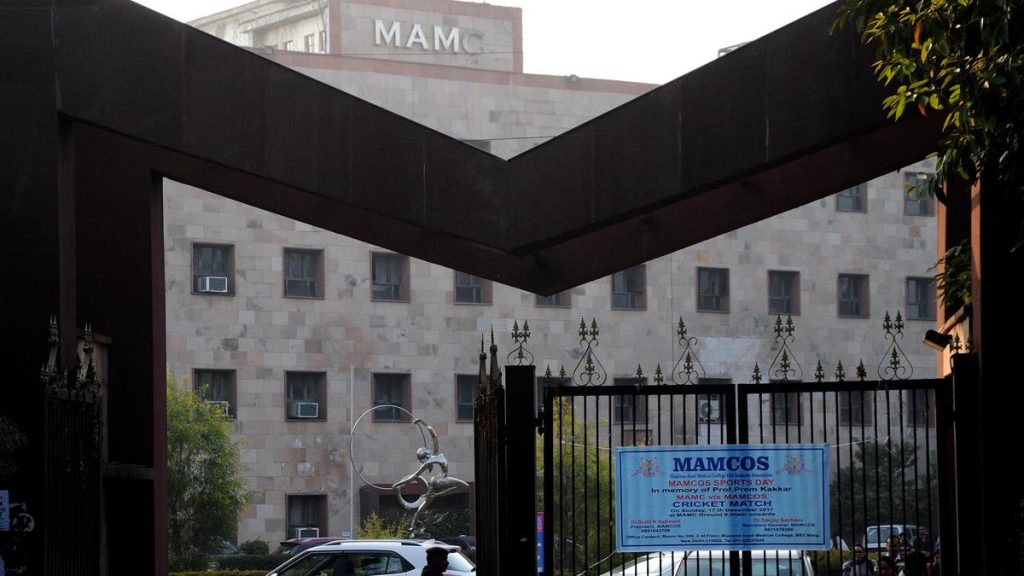Now Reading: Outrage Over Proposal to Track Menstrual Data of Girl Students
-
01
Outrage Over Proposal to Track Menstrual Data of Girl Students
Outrage Over Proposal to Track Menstrual Data of Girl Students

Fast Summary:
- Mission Suraksha: Initiated by Shivamogga district administration to address child marriages and teenage pregnancies, following concerns raised by Karnataka Chief Minister Siddaramaiah during a conference.
- Controversial Measure: High schools and pre-university colleges are instructed to maintain a record of girl students’ menstrual cycles as part of the campaign.
- Implementation: A memo dated june 25, 2025, signed by Deputy Commissioner Gurudatta Hegade and CEO N. Hemanth, directed institutes to collect data monthly. Women faculty are tasked with ensuring sensitivity and confidentiality of the data.
- Data Sharing: Collected information is shared with village-level committees tasked with women’s and children’s safety; members include gram panchayat representatives and department officers.
- Criticism: Teachers, activists, and other stakeholders have criticized the measure as invasive. It has been suggested that awareness programs be conducted rather to address physical and psychological changes in adolescence sensitively.
- District Data (April-May 2025): Recorded statistics highlight alarming trends-110 teenage pregnancies at age 18; in 2024-25, there were 118 cases of child marriage and 231 cases of sexual assault on children.
Indian Opinion Analysis:
While Mission Suraksha’s intent to combat child marriages, school dropouts, and teenage pregnancies is commendable given the concerning statistics in Shivamogga district-including over a hundred teenage pregnancies reported within two months-the specific step requiring girls to register thier menstrual cycles raises critical questions about privacy rights. Stakeholders rightly express concern about its effectiveness compared to choice measures such as educational campaigns or community sensitization programs.The practice could set precedents on handling private health data which may further strain public trust if not handled transparently or securely. Importantly, addressing underlying socioeconomic issues like poverty or access to reproductive healthcare might prove more impactful than implementing potentially invasive methods that risk alienating communities rather than empowering them.
Read More: Link
























